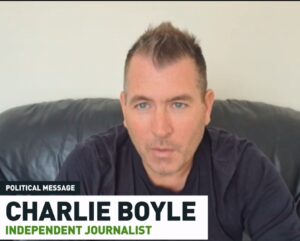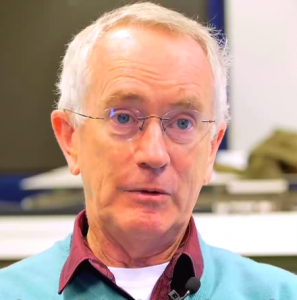When
Tuesday, June 27th from 6pm - 7:30pm BSTWhere
Online via Zoom.Format
There'll be a great line-up of speakers plus ample scope for discussion and debate.Why You Should Attend...
There can be no doubt about it – the workings of the money systems are coming under the spotlight, particularly in relation to the interventions by Andrew Bailey’s Bank of England, which seem to be struggling to get inflation under control.
Maybe he has been too slow to react – perhaps he was asleep at the wheel, again?
This event will cover:
- How money is created in today’s world; versus what happened ‘back in the day’
- What has changed in the modern world
- The way the media talks about banking, credit and money creation
- The unintended consequences of a ‘Digital Age’
- The consequences of outsourcing money creation (mortgages) to the private banking sector
- What happens when loans go bad?
- Does it really affect inflation?
- The huge increase in private debt in the UK (and globally) since the 1980s (in the UK, from 55% of GDP to a peak of 205%, and now about 160%;
- Why regulators, following conventional economic theory, don’t see debt proliferation as a problem
- Why this is wrong since banks don’t actually lend out depositors funds but instead create deposits when they lend
- The necessity to add the private debt to GDP ratio and the credit ratio down to pre-1982 levels in the UK
- The necessity for Central Banks and the Treasury to see the level and rate of growth of private debt as of equivalent importance to unemployment and inflation in their economic policies and economic modelling
- How reckless risk-taking by banks around the world had magnified the market failings of the world’s financial ecosystem
- How massive bailouts of financial institutions and other palliative monetary and fiscal policies were employed to prevent a possible complete collapse of the world financial system.
- …and much, much more!
Here's the programme so far...





